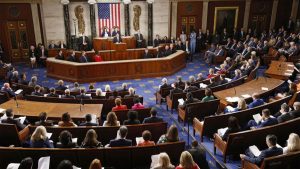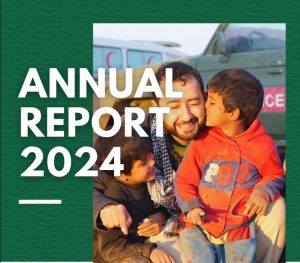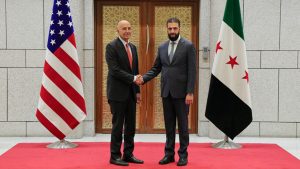“This week, we saw another low for humanity as Russia vetoed a UN Security Council Resolution which would have provided a UN mandate to continue delivering life-saving humanitarian aid to millions of people in Northern Syria. Syrians have yet again been let down by the international community on whom the onus is now to find solutions to continue helping them. Once and for all, we should stop giving in to Russia’s and the Assad regime’s cunning and brutal pursuit of their own political interests at the expense of and intentionally against the Syrian people.
While humanitarian assistance to all Syrians is as essential as ever, donors and international organizations should be aware that aid controlled by the regime does not reach Syrians in non-regime-controlled areas. Aid only gets to Syrians there if delivered cross-border, without the possibility for the regime to obstruct and interfere.
Everybody should also be aware and take responsibility for the fact that aid controlled by the regime has always been misused on a large scale, ending up in regime pockets, as has repeatedly been documented. We should insist that both donors and the UN make it publicly available how much of their support directly benefits Syrians in need, and clearly indicate which proportion reaches non- and regime-controlled areas, respectively.
Hypocritically and tragically, humanitarian mandate holders from the UN and governments alike are contributing to politicizing the humanitarian file as they increasingly and exclusively visit Damascus and other areas under regime control. By doing so, they are also increasingly taking sides in the conflict and they should ask themselves if this is compatible with their very own fundamental principles of neutrality and impartiality and as such their mandate, too.”









